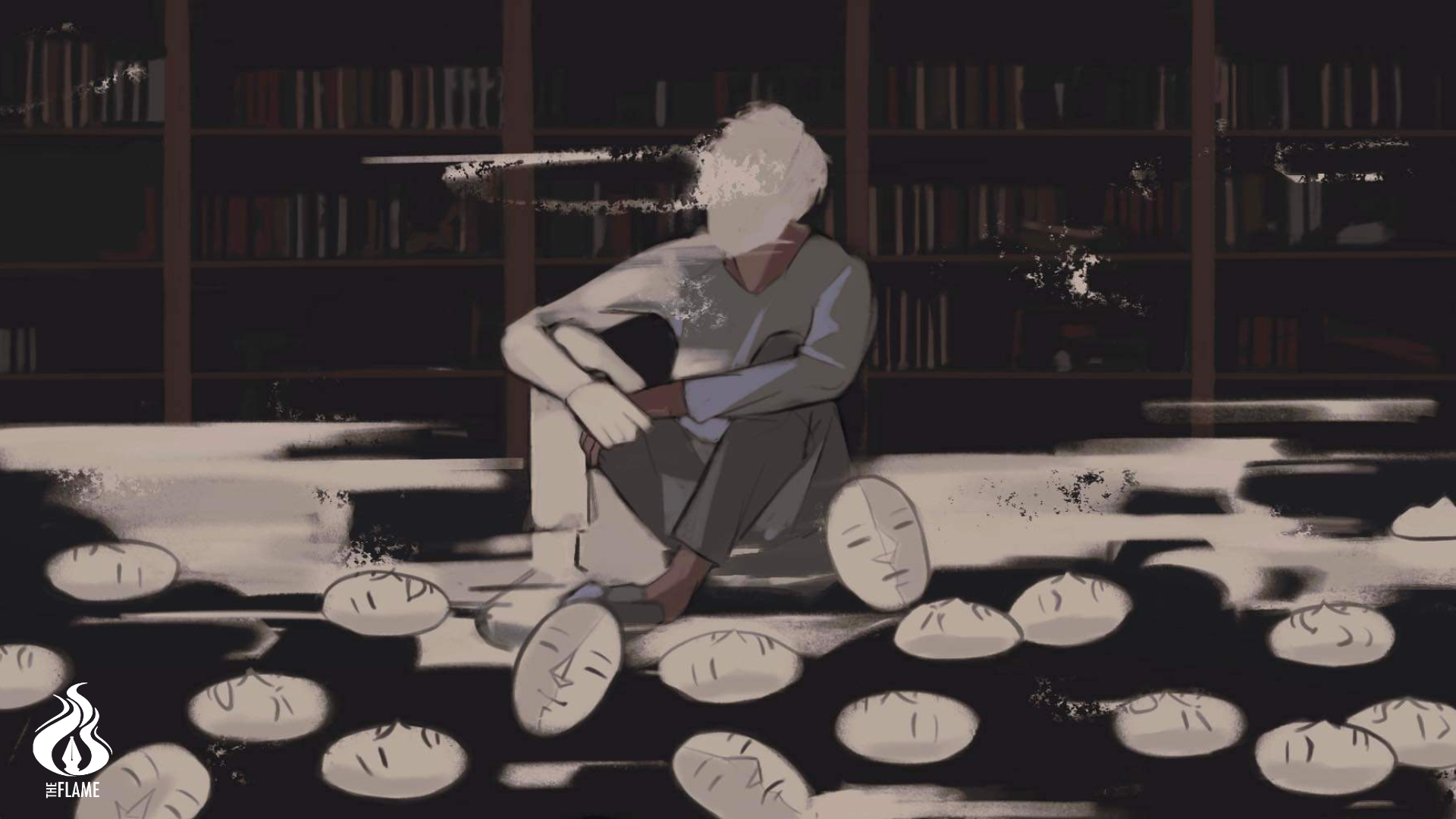
When my first book hit the shelves about a year ago, what first greeted my readers on the first few pages were the book title, my name, and then my writer persona’s name—V. V. Childwright. I thought I would live with that name throughout my career.
I had a reason as to why I felt that way, too. I was obsessed with the concept of names and personas. Tirelessly searching for my identity as a writer for the last decade, I came up with no less than 10 names.
Only five survived for more than three weeks. Only “Childwright” survived for more than a year. And now, I killed that name, too.
It was not long ago when I realized I was acting the way almost every sensible parent does after bearing a child. You think of a meaningful name to have something to call your kid but also aim to have a certain “depth” to his existence. Even for those who named their kids after their father’s name (which might also be their father’s father’s name), there is still some intent to it.
Even the parents of Kushim must have had an underlying reason for them to name their kid as such. Do you know Kushim? “Kushim” might be the first record we have of a person’s name, dating back to at least 5,000 years ago, written in a clay tablet found in Mesopotamia.
Kushim—I wonder why his parents named him that. Was it the same reason our parents had when we were named? Was there a deeper meaning to “Kushim”? Was he named like that because they thought some god would show their kid good favor if he were named as such? Was it his father’s name? Was it out of their devotion or simply because it sounded right?
Why do we name people and things the way we do? By this, I do not mean the reason we chose a certain name over another, like how a mother might end up naming her daughter “Michelle” instead of “Louise.” Rather, I am questioning the human act of “naming” itself—the underlying drive that pushes us to give names to people and things.
One reason could be that our parents hoped we would become what they named us. “Hope” might have been named because the parents thought their child would become a beacon of hope. The parents of “Aaron” might wish their child would grow and become strong, as the name has a Hebrew origin and means strength.
Names are inseparable from our concept of identity. It could not exist without the latter. When I was looking for my identity as an author, the first thing I did was to look for a name. I wanted it to mean something profound. I considered around eight layers of meaning for the name “V. V. Childwright.” I was crafting an entire persona down to the most minute details. “Every part of the persona must have depth; it must all mean something” is what I was thinking about back then. No wonder that as time passed by, I slowly began to grow distant from that persona.
I was maturing, but the persona was not.
It did not take long for me to not see myself in Childwright anymore. I do not share that name’s goals and aspirations. Though Childwright was me, I no longer share what his name and persona stood for.
What is identity, anyway? They are our conscious alignment to ourselves—our active recognition of who we are, who we once were, and who we want to be. And I did not want to be Childwright anymore.
That name soon died, along with all the other names I once wrote under my pieces. And upon their ashes grew the final one: Noe Murcielago. After a tiresome search, I finally found solace in one persona. For the first time, meaning and depth were not placed on my criteria while looking for a name. I did not mold the persona to the name; the name was chosen because it felt the closest to the persona—to how I want to identify as a writer. Looking at the name on my screen, I felt more honest and confident as a writer. I liked how it looked under the title of my works and the way it sounded—that is all there is to it.
The weight that a person must hold on his shoulder until his death—to become what his conceiver hoped he would become, a preconceived purpose instilled deep down in his name—is a heavy one, especially if we are constantly reminded of it. Names are, more or less, reminders of who we ought to be, of who we were expected to become.
A name is a powerful thing. Take Kushim, for example. Had the clay tablet that bears Kushim’s name remained undiscovered, he would not have lived a “second life” in our history and inside the heads who now know his name.
Names are incantations; nothing separates them from the spells we see in fantasy books, for in them exists a power no other word possesses. They are the strongest kind of spell one could invoke. Take it away, make a person nameless, and he could lose all the power that he has. Inversely, give it to someone, and you now have asserted some sort of power over that person.
What name will we have by the time the coffin lid closes? What name will they utter when they speak of us for the last time? What are names—they are everything about a person shrined in a string of letters, and everything that is not. When one is lost, make up some names. Give one to yourself. Would it not be interesting to give a name—to offer that power—to yourself? F



